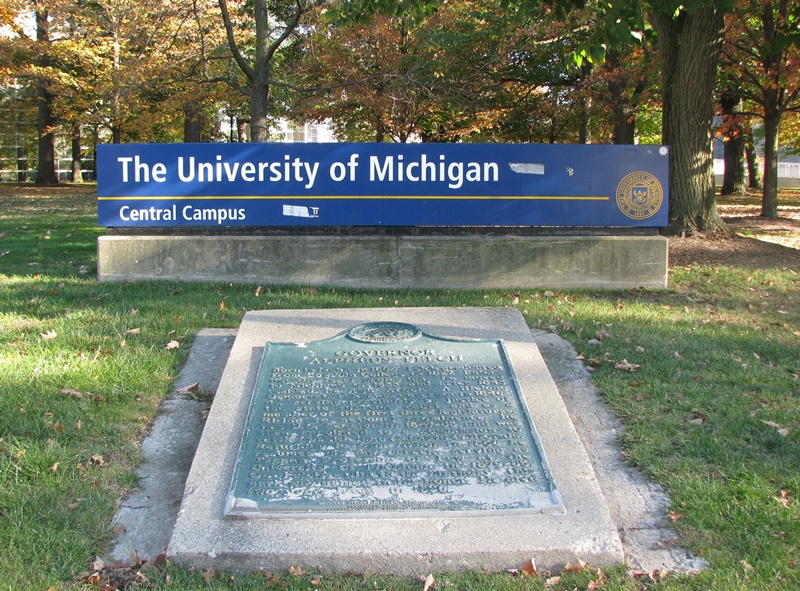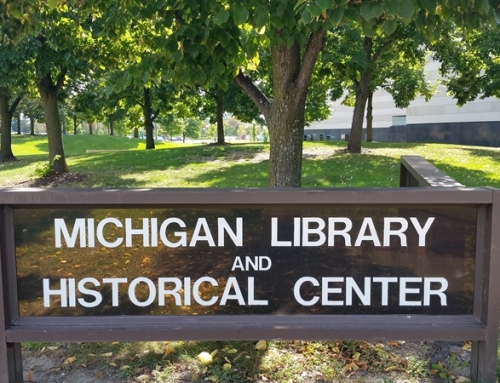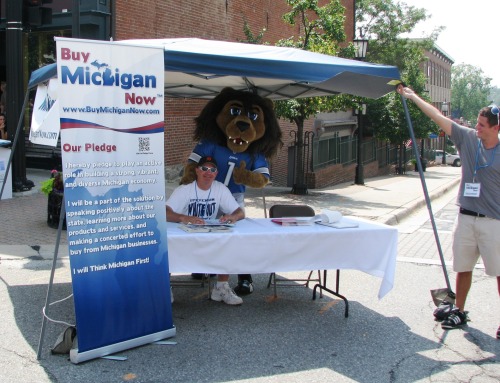Before it became a powerhouse in Ann Arbor, the University of Michigan got its start through humble beginnings in the heart of Detroit. It was originally known as Catholepistemiad or University of Michigania. The cornerstone of the first building was laid on September 24, 1817, near the corner of Bates and Congress, but the school eventually moved to Ann Arbor in 1837. Now, not even a mile from that original site, the University of Michigan intends to return to run a new state-of-the-art tech facility.
The Detroit Center for Innovation will be situated at the intersection of Gratiot Avenue and the Chrysler (I-375) Service Drive. The over 14-acre site was formerly destined to be the home of the controversial and long sputtering Wayne County Jail project. Now it will house a research and education center anchored by a world-class university.
“Instead of a thousand prisoners on this site, we’re going to have a thousand graduate students,” said Detroit Mayor Mike Duggan during the announcement ceremony. “We are today welcoming the University of Michigan back home in Detroit for the first time in a hundred and eighty years.”
According to U-M, academic programs initially planned for the Detroit Center for Innovation will likely include artificial intelligence, mobility, sustainability, data science, cybersecurity, entrepreneurship and financial technology. While the U-M academic center will provide instruction at the Detroit Center for Innovation, degrees and certificates will be awarded by the Ann Arbor campus.
The first phase of the development will include a $300 million, 190,000-square-foot academic center built to serve U-M students in the last year of their undergraduate program, as well as those seeking graduate degrees.
Development of the academic building will be made possible by a major gift from Steven M. Ross, who envisioned the Detroit Center for Innovation and is a long-term benefactor of U-M as well as being a native of Detroit. Gifts from Dan Gilbert and other public and private funders will also support the project.
“I spent my childhood and many of my young adult years living and working in Detroit and have long wanted to find a way to have a real impact on my hometown,” said Ross.
In its initial phases, the hub is also expected to feature incubation office space, residential units, and a hotel, along with conference and event space.







Leave A Comment
You must be logged in to post a comment.